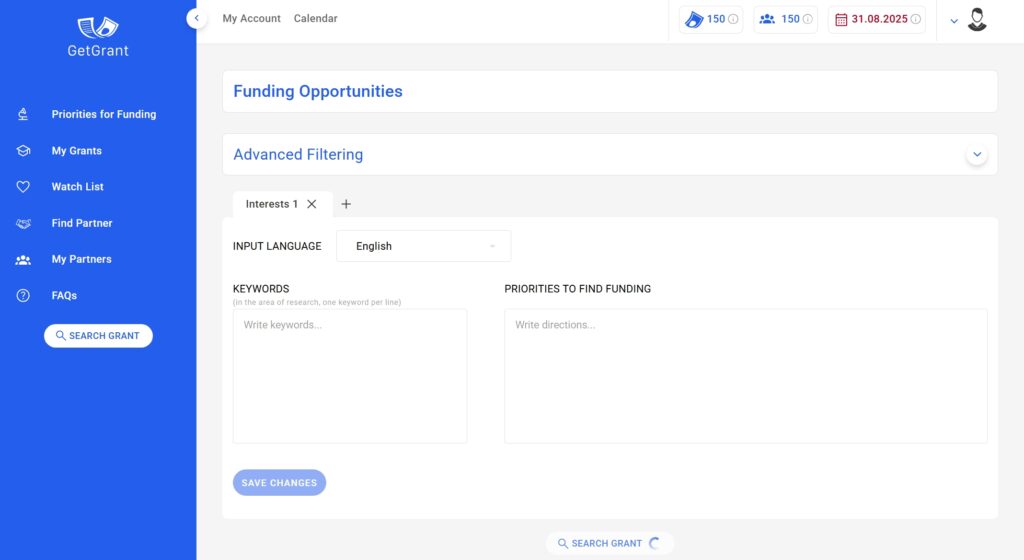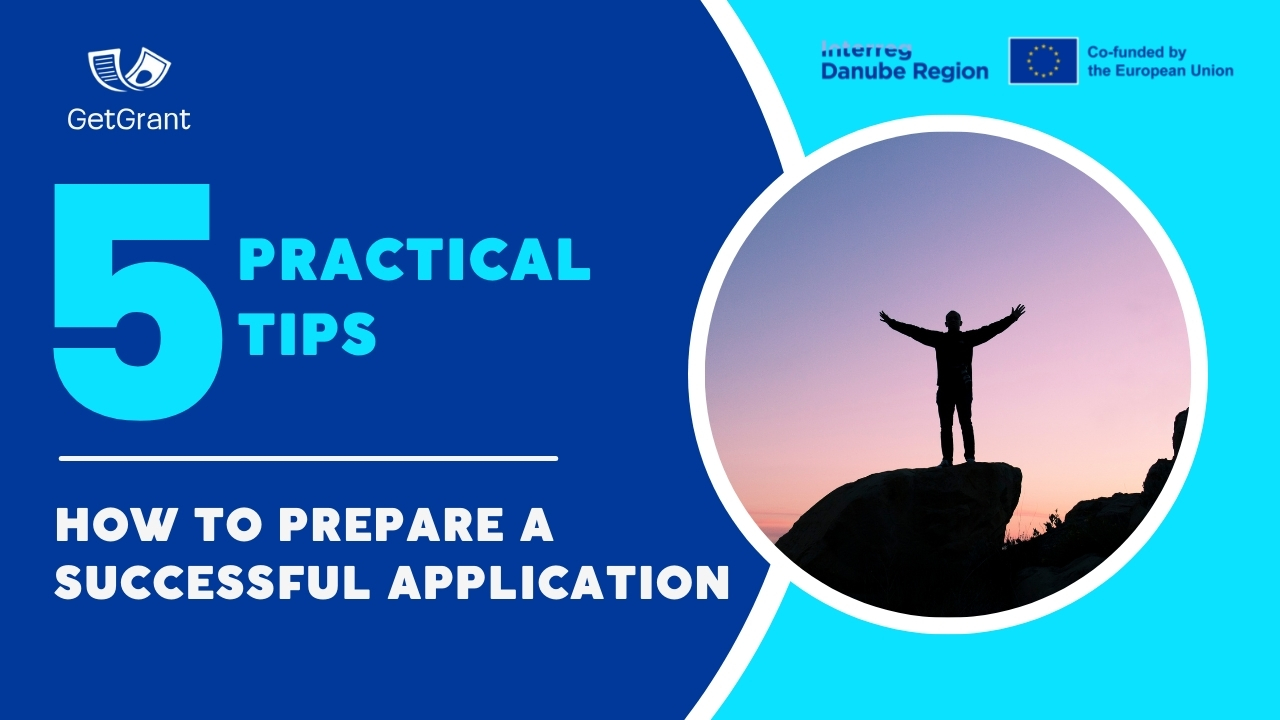Grant calls under the Interreg Danube Region Programme have clear rules and a high level of competition. We have collected practical tips from the Programme’s Managing Authority and Joint Secretariat that will help you improve your chances of securing funding. While these recommendations are tailored to applicants for this programme, most of them are also relevant for preparing applications for other international grants.
1. Check the Eligibility of Your Project Idea
Do not start drafting the full proposal until you are sure your idea fits the programme’s priorities.
Practical steps:
- Download and study the latest Applicant’s Manual and the specific call documents.
- Clearly identify which programme priority and specific objective your project addresses.
- Prepare a 1–2 page concept note outlining the problem, objectives, expected results, and geographical coverage.
- Send this concept note to the programme’s priority officer for preliminary feedback to avoid spending time on an ineligible idea.
2. Plan Backwards from the Deadline
Preparing a quality application takes months, so plan your work by counting backwards from the submission deadline.
Example plan for a 15 December 2025 deadline:
- July – early September: develop concept, seek advice, participate in programme webinars.
- 15 September – 15 October: refine concept, prepare budget, confirm partner involvement.
- 15 October – 15 November: prepare full application and annexes, coordinate with partners.
- 15 November – 10 December: final compliance check, editing, and test submission in the online system.
- Avoid last-day submissions; keep at least 3–5 days as a buffer.
3. Build a Balanced Partnership
The programme requires at least three partners from different Danube Region countries, with at least one EU Member State.
Steps to take:
- Define roles and required competences at the concept stage.
- Involve a mix of organisations: public authorities, universities, businesses, NGOs. This increases project complexity and scoring potential.
- Verify the financial and human capacity of each partner.
- Formalise agreements in writing, covering roles, tasks, timelines, and decision-making procedures.
4. Add Value with Non-EU Partners
Including partners from Ukraine, Moldova, Serbia, Bosnia and Herzegovina, or Montenegro increases project relevance and can improve the score.
Recommendations:
- Identify their added value, such as access to target groups or dissemination capacity.
- Clearly define their status in the project: full partner or associated partner.
5. Address Risks Early
Many implementation issues stem from gaps during the application stage.
Key actions:
- Study official programme documents: Applicant’s Manual, Implementation Manual, and expenditure eligibility rules.
- Assess technical, financial, and human risks and include a mitigation plan in the application.
- Create a detailed work plan with tasks, outputs, responsible persons, and deadlines.
- Prepare a budget with clearly defined cost items and internal limits.
Applying These Tips with GetGrant
Implementing all these recommendations is much easier with tools that help you find and prioritise the right opportunities. GetGrant provides access to a large, regularly updated database of grants with detailed application requirements and official source links. Advanced search filters and AI-based recommendations help you focus on the most relevant calls for your project idea.

A major advantage is the partner search function for building international consortia. This is particularly useful for cross-border programmes that require multiple organisations from different countries. GetGrant allows you to find potential project partners by region, sector, or organisation type, saving significant time in building your network.
The platform suits both experienced applicants and newcomers, including universities, businesses, NGOs, start-ups, and individual initiatives. Using GetGrant during application preparation helps you organise the process, improve the quality of your submission, and meet deadlines without missing crucial steps.
Conclusion
Preparing an application for the Interreg Danube Region Programme requires a structured workflow, strong partnerships, and attention to detail. Following proven steps from eligibility checks to risk planning significantly increases your chances of funding success. Using GetGrant can save time, reduce errors, and help you submit a high-quality, competitive application.
